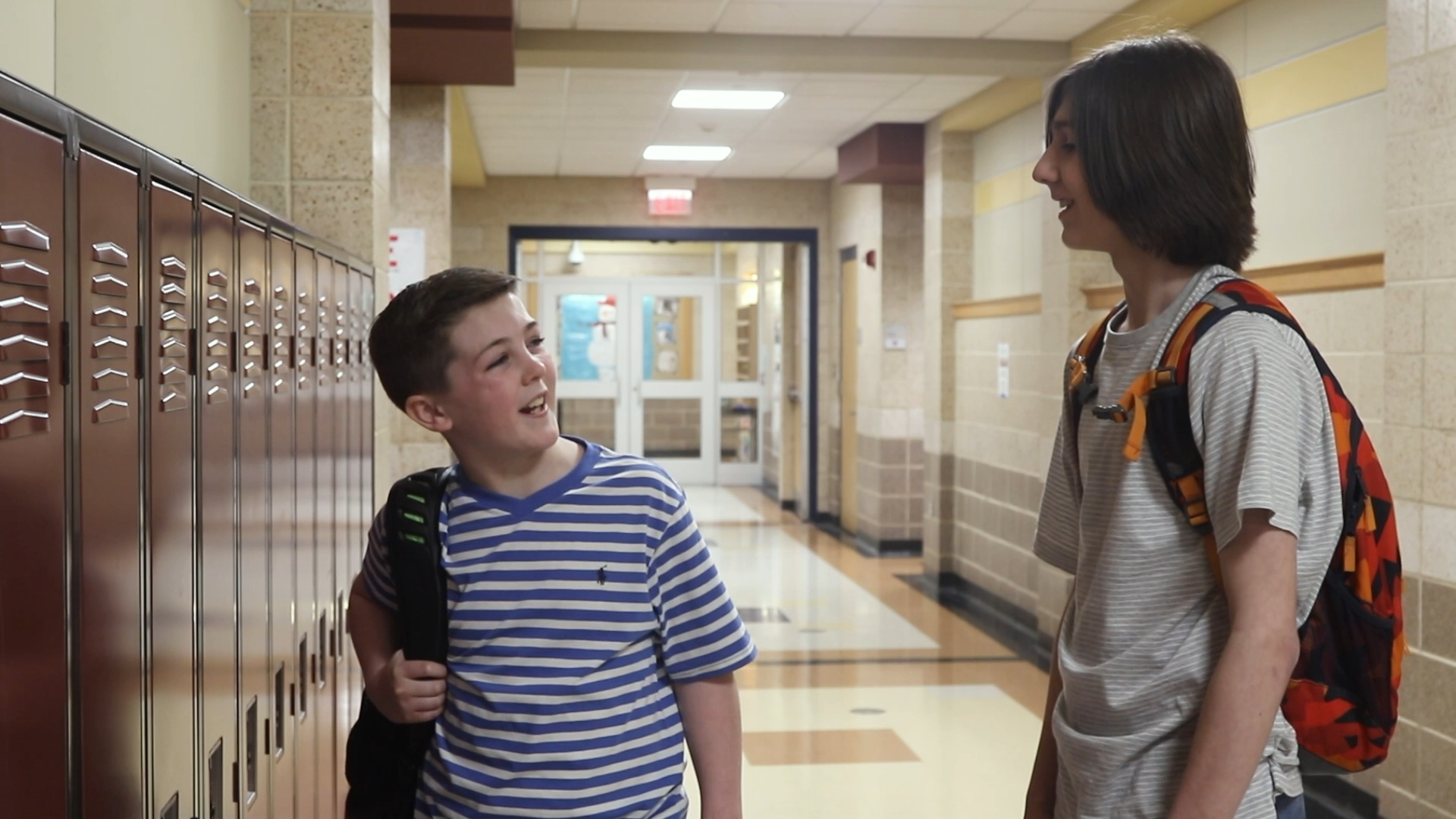
Introduction
When we see people we know, small talk is a valuable skill that helps us connect with others. For elementary students, learning how to engage in small talk can improve their social skills and foster better relationships. This blog post will discuss the concept of small talk, focusing on The Two W’s: Weather and Weekend. These easy conversation starters can help students practice their small talk skills and build positive connections with their peers.
No-Prep Activity
The Two W’s activity is a simple, no-prep exercise that helps students practice making small talk. Here’s how it works:
- Divide the class into pairs. If you have an odd number of students, you can join in as a partner.
- Explain The Two W’s concept to the students: Weather and Weekend. Give them some examples of phrases they can use, such as “It’s so sunny today!” or “What did you do last weekend?”
- Ask each pair to take turns starting a conversation using The Two W’s. Encourage them to keep the conversation going for at least a minute or two.
- After a few minutes, have the students switch partners and practice again with a new person.
- Once everyone has had a chance to practice with multiple partners, bring the class together for a group discussion about their experiences and what they learned.
This activity not only helps students practice small talk but also encourages them to interact with different classmates and build connections with their peers.
Discussion Questions
After completing the activity, use these discussion questions to stimulate further conversation and reflection:
- What did you find easy or challenging about making small talk using The Two W’s?
- How did you feel when your partner engaged you in small talk? How did you feel when you initiated the conversation?
- Why do you think small talk is important for building connections with others?
- Can you think of any other conversation starters that might be helpful when making small talk?
- How can you apply the small talk skills you practiced today in other social situations?
Related Skills
Beyond small talk, there are other essential social-emotional skills that can help students build positive relationships and navigate social situations. Some of these related skills include:
- Active listening: Paying close attention to the speaker, making eye contact, and responding appropriately to show understanding.
- Empathy: Putting oneself in another person’s shoes and understanding their feelings, thoughts, and perspectives.
- Conflict resolution: Addressing disagreements and finding solutions that are acceptable to all parties involved.
- Assertiveness: Expressing one’s thoughts, feelings, and needs in a respectful and confident manner.
- Respecting personal boundaries: Recognizing and respecting the personal space, privacy, and feelings of others.
Next Steps
Teaching small talk and other social-emotional skills is crucial for helping students build positive connections and succeed in their personal and academic lives. To access free samples of skill-building materials, including activities and lessons for small talk and other essential social-emotional skills, sign up at Everyday Speech. These resources can support you in creating a nurturing and inclusive learning environment where students can grow and thrive.

